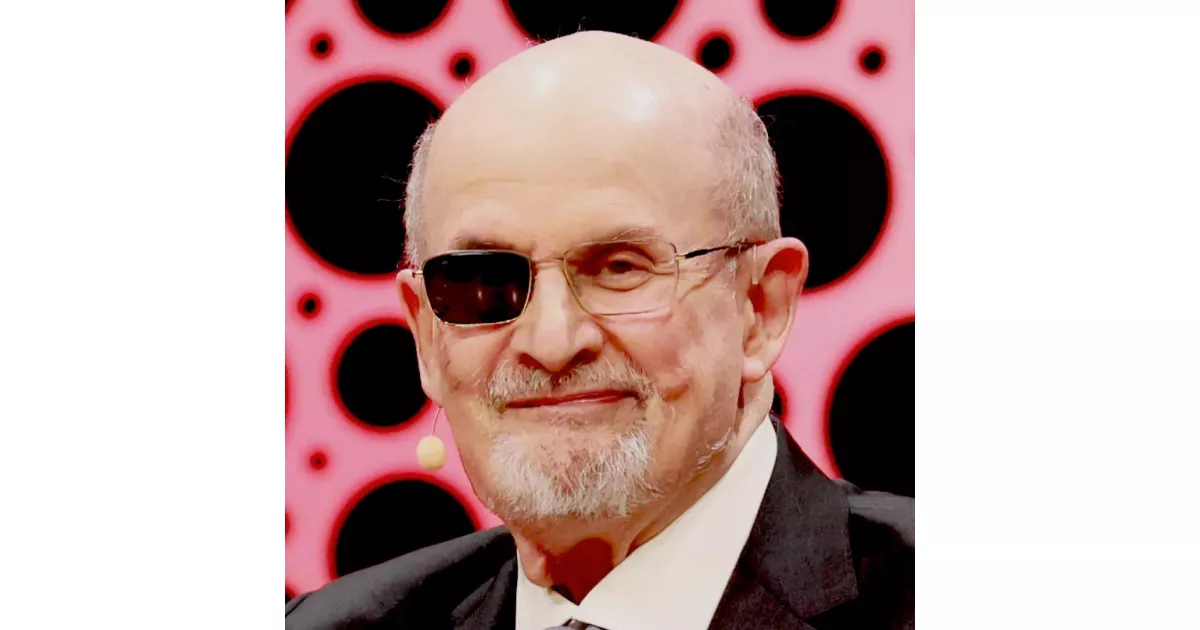A closer look at the most debated and controversial moments involving Salman Rushdie.
Sir Ahmed Salman Rushdie is an Indian-born British and American novelist known for blending magic realism and historical fiction. His work explores the relationships between Eastern and Western civilizations, often focusing on the Indian subcontinent. He is celebrated for his second novel, Midnight's Children (1981), which won the Booker Prize and was twice recognized as the best novel among all Booker Prize winners on the 25th and 40th anniversaries.
1977: Roman Polanski's charge for drugging and raping a 13-year-old girl
In 1977, Roman Polanski was charged for drugging and raping a 13-year-old girl, which led to Salman Rushdie signing a petition in 2009 in support of Polanski.
September 1988: Publication of "The Satanic Verses"
In September 1988, "The Satanic Verses" by Salman Rushdie was published by Viking Penguin Publishing, causing immediate controversy in the Islamic world.
1988: Publication of The Satanic Verses and Fatwa
In 1988, Salman Rushdie's fourth novel, The Satanic Verses, was published, leading to controversy. Ruhollah Khomeini, the supreme leader of Iran, issued a fatwa calling for Rushdie's death due to the book's perceived irreverent depiction of Muhammad.
January 1989: Rushdie's column in The Observer
On 22 January 1989, in response to the protests, Salman Rushdie published a column in The Observer that called Muhammad "one of the great geniuses of world history," but noted that Islamic doctrine holds Muhammad to be human, and in no way perfect.
February 1989: Fatwa Ordering Rushdie's Execution
On 14 February 1989, Ayatollah Khomeini proclaimed a fatwa on Radio Tehran ordering Salman Rushdie's execution for writing "The Satanic Verses," which was deemed blasphemous against Islam.
March 1989: UK and Iran Broke Diplomatic Relations
On 7 March 1989, the United Kingdom and Iran broke diplomatic relations over the Rushdie controversy and the fatwa.
August 1989: Mustafa Mahmoud Mazeh Killed in Book Bomb Explosion
On 3 August 1989, Mustafa Mahmoud Mazeh, using an alias, was killed in a London hotel when a book bomb he was priming exploded prematurely. The Lebanese group, the Organization of the Mujahidin of Islam, claimed he died preparing an attack "on the apostate Rushdie."
1989: Christopher Hitchens' Response to the Fatwa
In 1989, Christopher Hitchens stated that Ayatollah Khomeini's fatwa was "everything I hated versus everything I loved" and defended Salman Rushdie.
December 1990: Rushdie Reaffirms Muslim Faith in Statement
In December 1990, Rushdie issued a statement reaffirming his Muslim faith, distancing himself from statements made by characters in Satanic Verses. He also opposed the release of the paperback edition of the novel.
1990: Release of Pakistani Film International Gorillay
In 1990, a Pakistani film entitled International Gorillay (International Guerillas) was released that depicted Rushdie as a villain plotting to cause the downfall of Pakistan. The British Board of Film Classification refused to allow it a certificate but was later permitted by Rushdie.
1991: Attack on Translators and Publishers in 1991
In 1991 an Italian translator of The Satanic Verses was stabbed but survived. Days later Hitoshi Igarashi, its Japanese translator, was stabbed to death.
1992: Rushdie Regrets His Statement Reaffirming Muslim Faith
Later, in 1992, Rushdie cited the release of the statement as perhaps his lowest point, regretting its language, which he said he had not written.
February 1997: Increased Blood Money Offered for Rushdie's Assassination
In February 1997, Ayatollah Hasan Sane'i, leader of the Fifteenth of Khordad Foundation, reported that the blood money offered by the foundation for the assassination of Rushdie would be increased from $2 million to $2.5 million. A semi-official religious foundation in Iran also increased the reward it had offered for the killing of Rushdie from $2.8 million to $3.3 million.
September 1998: Iran commits to not supporting Rushdie assassination
In September 1998, as a precondition to restoring diplomatic relations with the UK, the Iranian government, then headed by Mohammad Khatami, publicly committed to "neither support nor hinder assassination operations on Rushdie."
1998: Iran proclaims fatwa "finished"
In 1998, Iran's former president Mohammad Khatami proclaimed the fatwa "finished"; but it has never been officially lifted, and in fact has been reiterated several times by Ali Khamenei and other religious officials.
November 2005: Published essay in "Free Expression Is No Offence"
In November 2005, Salman Rushdie contributed an essay to "Free Expression Is No Offence", a collection of essays published by Penguin, where he wrote about his opposition to the British government's introduction of the Racial and Religious Hatred Act.
2005: Deepa Mehta's "Water" faced violent protests
In 2005, Deepa Mehta's film "Water" faced violent protests. Salman Rushdie interviewed Mehta about the film in 2006.
2005: Khomeini's Fatwa Reaffirmed in 2005
In early 2005, Khomeini's fatwa was reaffirmed by Iran's current leader, Ayatollah Ali Khamenei, in a message to Muslim pilgrims making the annual pilgrimage to Mecca. Additionally, the Revolutionary Guards declared that the death sentence on him is still valid in 2005.
March 2006: Signed manifesto Together Facing the New Totalitarianism
In March 2006, following the Jyllands-Posten Muhammad cartoons controversy, Salman Rushdie signed the manifesto Together Facing the New Totalitarianism, which warned of the dangers of religious extremism. The manifesto was published in Charlie Hebdo in March 2006.
2006: Hezbollah Leader's Statement During Cartoon Controversy
During the 2006 Jyllands-Posten Muhammad cartoons controversy, Hezbollah leader Hassan Nasrallah declared that if the Imam Khomeini's fatwa against Salman Rushdie had been carried out, the insults against Prophet Mohammed would not have occurred.
June 2007: Rushdie Knighted in Queen's Birthday Honours
On 16 June 2007, Rushdie was knighted for services to literature in the Queen's Birthday Honours. The knighthood drew protests from many Muslim-majority nations.
2009: Signed Petition Supporting Roman Polanski
In 2009, Salman Rushdie signed a petition in support of film director Roman Polanski, calling for his release after Polanski was arrested in Switzerland.
2009: Pia Glenn's criticism
In 2009, actress Pia Glenn criticized Salman Rushdie as "cowardly, dysfunctional, and immature" after he ended their relationship via email.
2010: Rushdie on Al-Qaeda Hit List
In 2010, Anwar al-Awlaki published an Al-Qaeda hit list in Inspire magazine, including Rushdie along with other figures claimed to have insulted Islam.
January 2012: Rushdie Cancels Appearance at Jaipur Literature Festival
In January 2012, Rushdie cancelled his appearance at the Jaipur Literature Festival in Jaipur, Rajasthan, India, due to a possible threat to his life. He later indicated that state police agencies had lied to keep him away.
July 2012: Criticism of gun control
In July 2012, Salman Rushdie blamed a shooting at a Colorado cinema on the American right to keep and bear arms, expressing his support for gun control.
2012: Criticism of Imran Khan
In 2012, Rushdie was critical of Pakistan's former Prime Minister Imran Khan after Khan took personal jabs at him in an interview.
November 2015: Chidambaram Acknowledges Banning of The Satanic Verses Was Wrong
In November 2015, former Indian minister P. Chidambaram acknowledged that banning The Satanic Verses was wrong.
February 2016: More Money Added to Bounty in 2016
In February 2016, more money was added to the bounty for the killing of Salman Rushdie.
August 2019: Criticized Revocation of Special Status of Jammu and Kashmir
In August 2019, Salman Rushdie criticized the revocation of the special status of Jammu and Kashmir, calling it an atrocity.
May 2024: Arguments About Palestinian State
In May 2024, Rushdie argued that if a Palestinian state ever came into being, it would resemble a "Taliban-like state" and become a client state of Iran. He voiced his puzzlement regarding the current support of progressive students for what he described as a "fascist terrorist group".
Mentioned in this timeline
Home Box Office HBO is an American pay television service...

Hillary Diane Rodham Clinton is an American politician lawyer and...
India officially the Republic of India is a South Asian...
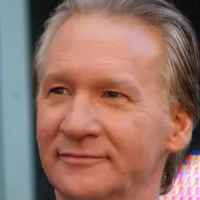
Bill Maher is an American comedian writer producer political commentator...

Los Angeles is the most populous city in California and...
Iraq officially the Republic of Iraq is a West Asian...
Trending
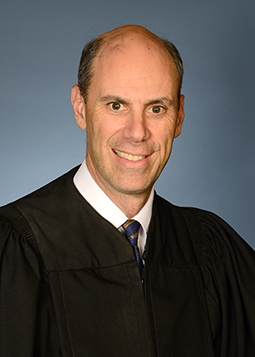
6 months ago DOJ Files Misconduct Complaint Against Judge Boasberg in Deportations Case Escalating Court War.

10 months ago Haaland's Absence: Manchester City Prepares for Derby Amidst Injury Concerns
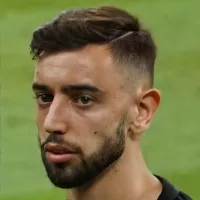
6 months ago Bruno Fernandes Confirms Al Hilal Talks, Admits Uncertainty About Man United Future

Harvey Elliott is an English professional footballer known for playing as an attacking midfielder or right winger He currently plays...

10 months ago Matheus Cunha transfer: Manchester United advances, Ruben Amorim enters race, Wolves exit looms.
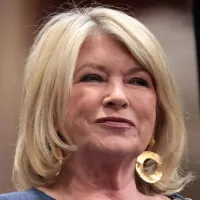
3 months ago Martha Stewart's Holiday Collection Returns for 2025: Decor and Dining Favorites!
Popular

Thomas Douglas Homan is an American law enforcement officer who...

William Franklin Graham III commonly known as Franklin Graham is...

Jupiter is the fifth and largest planet from the Sun...

XXXTentacion born Jahseh Dwayne Ricardo Onfroy was a controversial yet...

Melania Trump a Slovenian-American former model has served as First...

Kristi Noem is an American politician who has served as...
